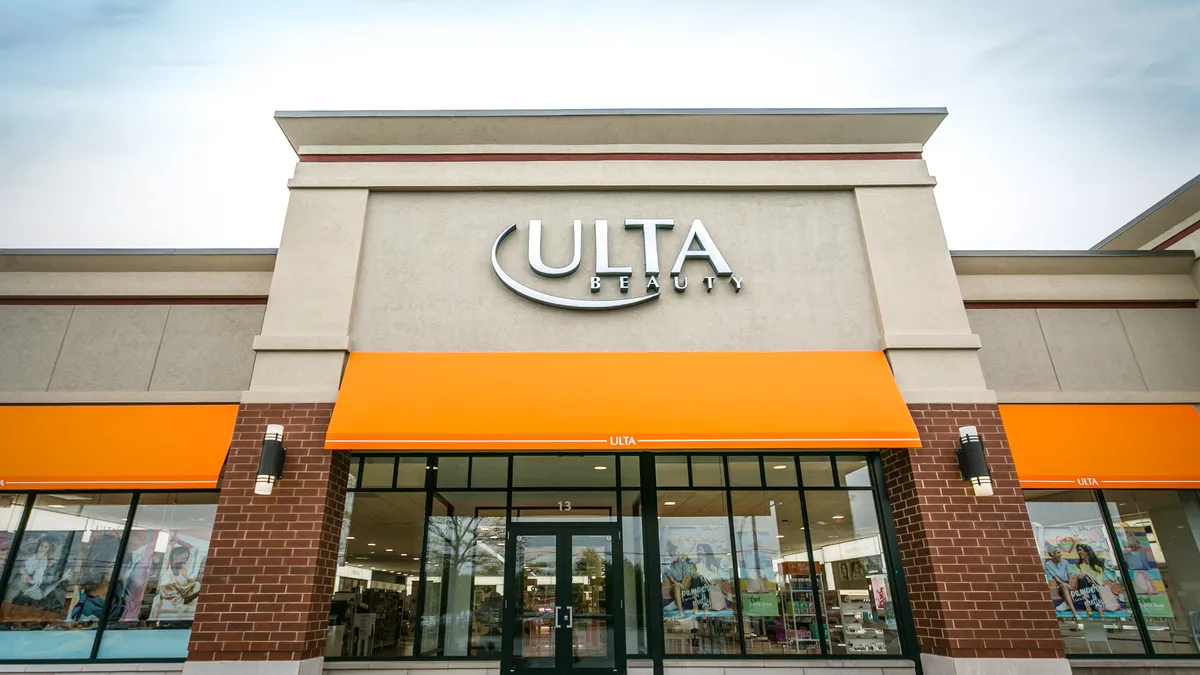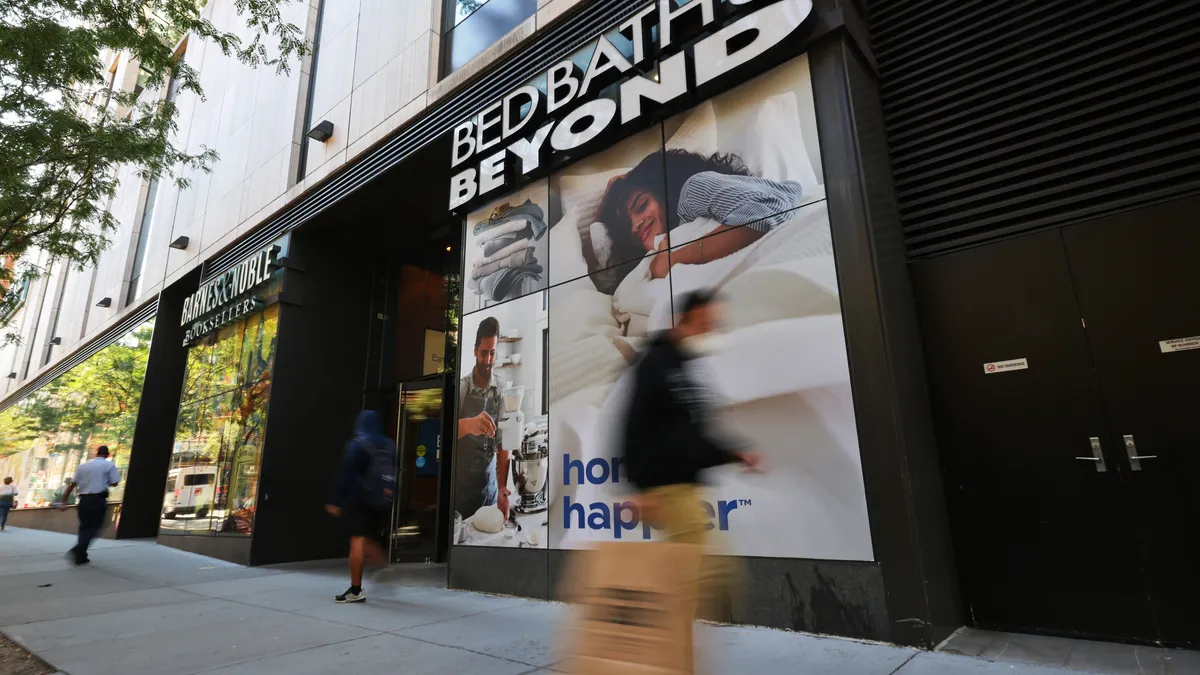Dive Brief:
-
A group of Ulta shareholders on Tuesday urged the court to hear a class action lawsuit over the retailer's alleged practice of repackaging and reshelving returned cosmetics to sell them at full price. The group is supporting plaintiff's objection to dismiss the claim, which was filed March 2 last year in the United States District Court Northern District Of Illinois, according to court documents.
-
The original lawsuit names Ulta Beauty, Inc., Ulta Salon, Cosmetics & Fragrance, Inc. (the company's name prior to 2017), CEO Mary Dillon and CFO Scott Settersten. On Nov. 9, those defendants, citing the Federal Rules of Civil Procedure and the Private Securities Litigation Reform Act, argued that the plaintiffs had failed to back up their case.
-
Ulta is facing a number of lawsuits — some ongoing and others dismissed — over the allegations, which surfaced last February in social media posts by Ulta store workers, many of which have been removed. Dillon, speaking to analysts in March, also addressed the lawsuits, saying, "Let me be clear, we do not sell used, damaged or expired products," and assuring them that the allegations haven't hurt the brand, store traffic or sales "in any discernible way."
Dive Insight:
In a market that is favoring beauty sales even as department stores, longtime purveyors in the category, are losing traffic, Ulta has been booming. In its most recent quarter, comparable sales rose 7.8%, due to growth in transactions and average ticket size, though that was slightly down from the 10.3% comps rise in the previous year's quarter, and retail comps grew 4.4%.
The company continues to see huge e-commerce growth as well, with those sales increasing 42.5% to $170.7 million from the prior year and accounting for nearly 11% of total company revenue. But most of its growth and profits are coming from physical stores, which has prompted a massive expansion. The retailer is plotting a footprint that could reach between 1,500 and 1,700 total stores, though that represents a slowdown from previous plans as the company aims to generate more sales online.
But many of the associates in some of those stores spilled the beans early last year, claiming they were pressured to clean up returned items for sale in stores, a dubious practice that can hardly be good for the brand. The lawsuit defended by shareholders this week cites a February 2018 CBS News report quoting a now-deleted Twitter account: "We were told by managers to repackage / reseal the item and put it back on the shelf. They would resell EVERYTHING. (makeup, hair care, skincare, fragrance, hair tools, etc.)."
The shareholders in support of the class action, in addition to claiming that the company reserved store areas and tools to clean used makeup and incentivized workers against "shrink," are focused on what they say are the company's misleading statements about the state of its inventory and even financial improprieties, according to court documents.
"Ulta overstated sales, net income, earnings and inventory and understated shrink reserve as a result of Ulta's unsustainable practice of reselling used beauty products, rather than properly recording used returns as shrink expense and a reduction to earnings," according to the suit. They later added: "Defendants falsely misattributed Ulta's financial performance to factors other than the alleged conduct."
A hearing on the matter is set for April 23 to explore the "possibility of settlement" or "the nature and length of discovery necessary to get the case ready for trial," according to the docket.













